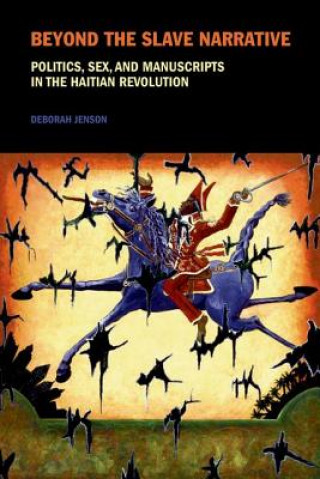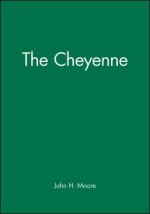
Dostava
Savjetnik za kupnju





Proizvod vam ne odgovara? Nema veze! Možete nam vratiti unutar 30 dana
 Poklon bon
u bilo kojoj vrijednosti
Poklon bon
u bilo kojoj vrijednosti
S poklon bonom ne možete pogriješiti. Za poklon bon primatelj može odabrati bilo što iz naše ponude.
Beyond the Slave Narrative
 Engleski
Engleski
 171 b
171 b
30 dana za povrat kupljenih proizvoda
Moglo bi vas zanimati i


The Haitian Revolution has generated responses from commentators in fields ranging from philosophy to historiography to twentieth-century literary and artistic studies. But what about the written work produced at the time, by Haitians? This book is the first to present an account of a specifically Haitian literary tradition in the Revolutionary era. Beyond the Slave Narrative shows the emergence of two strands of textual innovation, both evolving from the new revolutionary consciousness: the remarkable political texts produced by Haitian revolutionary leaders Toussaint Louverture and Jean-Jacques Dessalines, and popular Creole poetry from anonymous courtesans in Saint-Domingue's libertine culture. These textual forms, though they differ from each other, both demonstrate the increasing cultural autonomy and literary voice of non-white populations in the colony at the time of revolution. Unschooled generals and courtesans, long presented as voiceless, are at last revealed to be legitimate speakers and authors. These Haitian French and Creole texts have been neglected as a foundation of Afro-diasporic literature by former slaves in the Atlantic world for two reasons: because they do not fit the generic criteria of the slave narrative (which is rooted in the autobiographical experience of enslavement); and because they are mediated texts, relayed to the print-cultural Atlantic domain not by the speakers themselves, but by secretaries or refugee colonists. These texts challenge how we think about authorial voice, writing, print culture, and cultural autonomy in the context of the formerly enslaved, and demand that we reassess our historical understanding of the Haitian Independence and its relationship to an international world of contemporary readers.
Informacije o knjizi
 Engleski
Engleski
Kategorija




 Kako kupovati
Kako kupovati
























